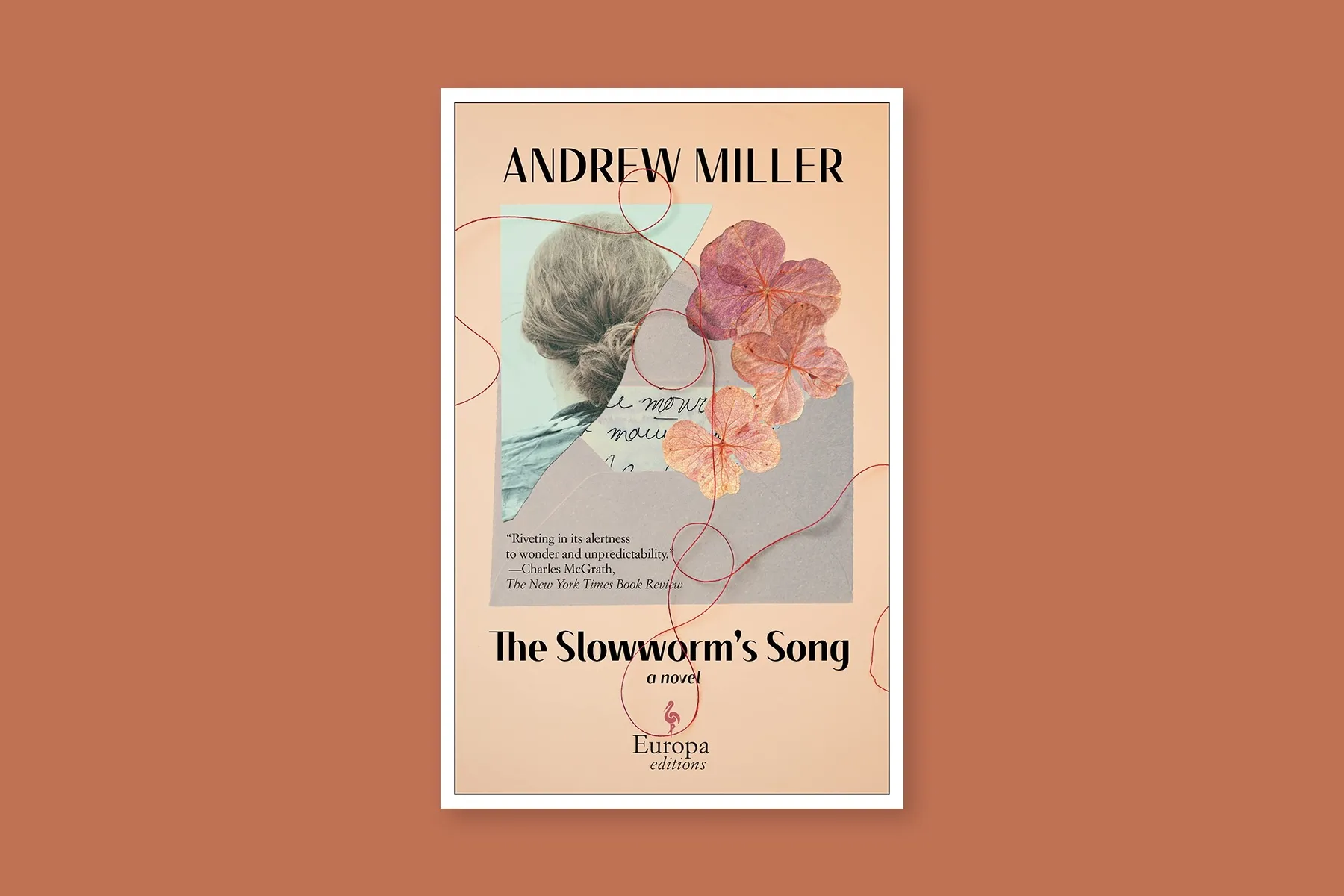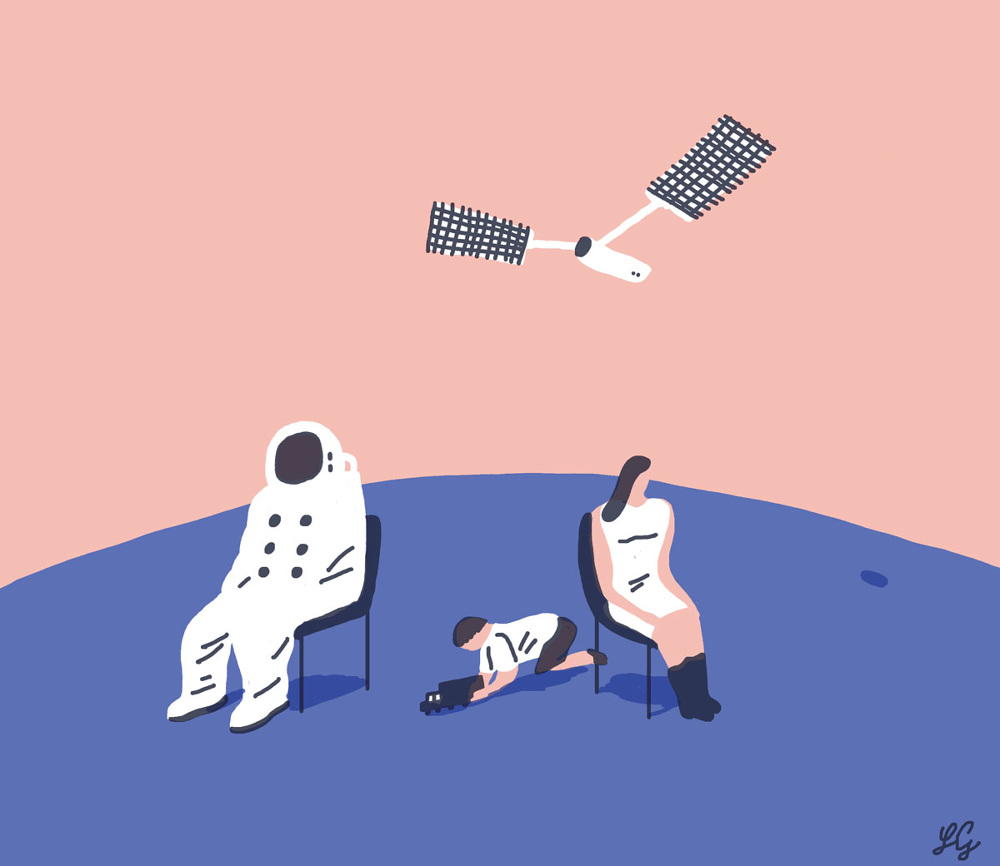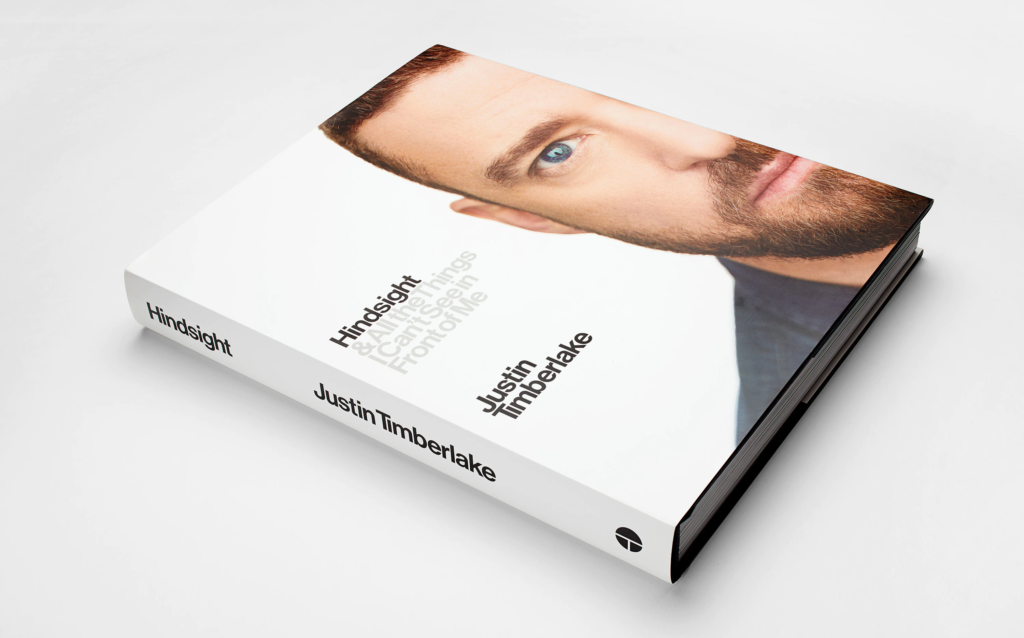Jenna Watt is an award-winning playwright, and in her career to date she has shown admirable commitment to tackling big, complex issues head on, as in her 2016 play Faslane, which offered a carefully-balanced analysis of the UK’s nuclear deterrent, or Flâneurs in 2012, which looked at street violence and the bystander effect. She has also exhibited a talent for homing in on moments of extreme emotion and then finding novel and arresting ways of presenting them on stage: smashing apples into the audience with a baseball bat in her short monologue It’s OK, It’s Only Temporary, for example, or deploying indoor pyrotechnics in her two-hander How You Gonna Live Your Dash, which she described as a show about “the moment we choose to detonate our own lives.”
In Hindsight, her debut work of non-fiction, Watt seems to bring together these two strands of her theatrical practice. The big issue under consideration is the vexed question of deer management in Scotland, and in particular the ethical issues surrounding culling and how deer numbers impact on attempts at re-wilding. In the wrong hands, it’s a topic which could get very dry, very quickly, but happily Watt’s penchant for bringing visceral, lived experience to the fore in as dramatic a fashion as possible is deployed to good effect. Rather than simply discussing deer hunting in the abstract, she decides to experience a stalk for herself, and so, woven through the book, there is an account of her tracking a hind around the Corrour Estate on the edge of Rannoch Moor. The first words of the first chapter are “I won’t shoot her”, and this will-she-won’t-she tension is sustained almost until the end.
Watt also brings a fascinating dual perspective to the issues at hand. At first glance, she’s a liberal urbanite – both physically and emotionally out of her comfort zone on the stalk. At the same time, however, she is – as her guide points out – “a Highland lassie”, being from Inverness, and it also transpires that her great-great-grandfather was a gamekeeper at an estate in Drumochter Pass. As a result, she feels a strange sense of dislocation, at once alienated from the upland landscapes she visits, in terms of some of the things they represent, yet also deeply connected to them. In addition to this, she brings a clear-eyed feminist perspective to everything she sees – a refreshing change, in an area almost exclusively controlled by and most commonly deliberated over by men.

- Search
Menu
A literary masterpiece has just launched by Andrew miller

- Shruti Narayan
- 20.06.2024

Read Next

A story to the moon, Mangalyan travels to the far side of moon
In a bid to nurture creativity and foster literary talent, the esteemed publication house, Novel Verse Publishing, has unveiled an exciting initiative.
By Shruti Narayan
• July 3, 2024

A literary masterpiece has just launched by Andrew miller
In a bid to nurture creativity and foster literary talent, the esteemed publication house, Novel Verse Publishing, has unveiled an exciting initiative.
By Shruti Narayan
• July 3, 2024

AO Scott moving to India, after winning Pulitzer
In a bid to nurture creativity and foster literary talent, the esteemed publication house, Novel Verse Publishing, has unveiled an exciting initiative.
By Shruti Narayan
• July 3, 2024

A few words about this blog platform, Ghost, and how this site was made
In a bid to nurture creativity and foster literary talent, the esteemed publication house, Novel Verse Publishing, has unveiled an exciting initiative.
By Archita manen
• June 28, 2024

ABOUT US
Menu
USEFUL LINKS
Menu
MEDIA
- Amazon
Copyrights reserved 2023 @ Westland Books